Lucky in life – starting hepatology at the right time, in the right place
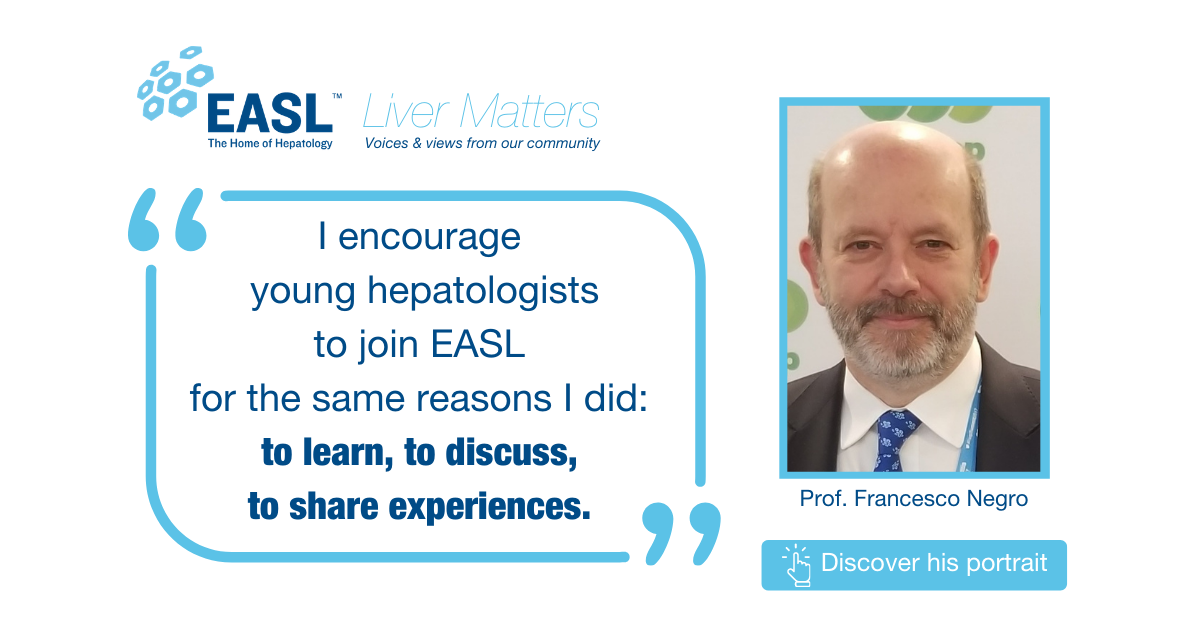
How long have you been an EASL member?
For 36 years, since 1985 when I was a gastro-intestinal resident in Prof. Verme’s Department, in Turin, Italy. That was the very research unit where the hepatitis Delta virus (HDV) was discovered in 1977.
How did you evolve from being a member to a Governing Board member?
I attended the annual meeting on a regular basis since the 1990s, after returning from my post-doctoral experience in the USA. In 2011, a more formal collaboration started, when I set up the iLiver smartphone application, together with Ramon Bataller. iLiver was officially launched at ILC 2012, in Barcelona. I have been serving in the GB since 2015, when I was co-opted as Educational Councillor. In 2018, I became Treasurer-Elect, shadowing Mauro Bernardi for one year, and then Treasurer for the period 2019–2024.
It was simply impossible not to be fascinated by the scientific environment and the atmosphere of discovery in those days.
How else did your path evolve?
Since 1980 (my fifth year as a medical student), I had been working in the lab headed by Mario Rizzetto, who discovered HDV. The lab was regularly visited by the best international experts in the field collaborating on HDV. Thus, I got to know this community from very early in my career: those were extremely exciting days for hepatology.
My first contribution to EASL, at the annual meeting held in Southampton in 1983, was giving an oral presentation on the detection of HBV DNA in liver tissue by in situ hybridisation. When the Journal of Hepatology was launched, my direct supervisor Ferruccio Bonino paid for my first membership in 1985. It has all been a natural evolution for me. I can say that I was very lucky in my life: I started hepatology at the right time, and in the right place.
What motivated you to join the Home of Hepatology?
I was drawn to EASL, because the team where I started my career had a major research interest in hepatology, especially viral hepatitis. I was really inspired by Mario Rizzetto and Ferruccio Bonino, as well as colleagues from all over Europe who were visiting the lab where I was working.
I remember with pleasure and admiration especially a very young – but already very promising – Vicente Arroyo. Then Christian Trepo, Nikolai Naoumov, Michael Roggendorf, Stephanos Hadziyannis, and so many others. It was simply impossible not to be fascinated by the scientific environment and the atmosphere of discovery in those days.
There were tragic times, however. When I was a student volunteering in the pathology research lab on experimental liver toxicology, a young post-doc in my lab contracted hepatitis B during her vacation abroad. She ran a fulminant course, unfortunately, and died within 48 hours. In the late-seventies, there were no antivirals, no vaccine, and no liver transplantation. Virtually everything had still to be discovered. Hepatitis C was still called non-A, non-B hepatitis, for which no treatment was available. That was hepatology when I was a medical student: a virtually open field.
How has being a member of the EASL community influenced your career?
My EASL membership has really boosted my career – by enabling me to expand my network, to exchange ideas, to get advice on my work, criticism, fruitful discussions, at both formal and informal settings, especially when travelling to international meetings. But also, EASL allowed me to put my ideas into practice. (I am particularly proud of the flipped classroom model that changed our school of hepatology format.)
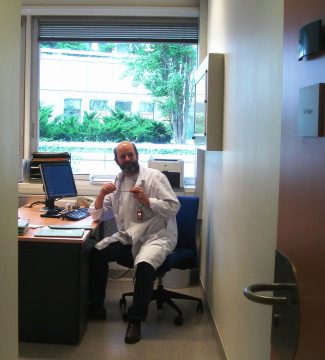
Work on your soft skills. These soft skills are dramatically overlooked and undervalued by current curricula.
What would you say to a young hepatologist considering joining EASL?
I encourage young hepatologists to join EASL for the same reasons I did: to learn, to discuss, to share experiences. It has to be added that EASL has come a long way since its beginnings. Clearly, the opportunities afforded by today’s EASL cannot be compared to those of the early 1980s. New programmes have been made available to young generations. But what really counts is having the opportunity to meet scientists with a vision.
What words would you offer to a young clinician considering specialising in hepatology?
To young fellows who want to embark on a career as hepatologists, let me say: be prepared for radical changes in your profession! How will the field of hepatology (and the medical profession) of the future look? Nobody knows. I am fascinated and intrigued by this topic, which I discussed at the Frankfurt Masterclass in 2016, and for which I still have no answer.
So, be ready for changes, changes that will come from outside our discipline. You will need to learn and practice new skills, well beyond the mere technical ones (which will be replaced by artificial intelligence, and may well also bring human agency into question).
When I was Educational Councillor, I introduced the concept of the new EASL school, based on the flipped classroom, i.e. consecrating the time in the classroom to developing higher-order tasks and soft skills (critical thinking, team collaboration, development of consensual decisions, communication, service orientation, motivational interviewing). Work on your soft skills. These soft skills are dramatically overlooked and undervalued by current curricula.
What’s your dream for the next breakthrough in hepatology?
Curing liver cancer.
The next Nobel Prize that hepatology wins… what do you hope it will be for?
Regenerative hepatology.
Do you have a favourite memory from an EASL event to tell us about?
Countless informal settings, dinners and after-dinners… Then, when I first presented my research at the 1983 annual meeting in Southampton.
Who has inspired you along your career path?
I shall never forget the many scientists and clinicians I met throughout my career. I would like to mention Mario Rizzetto, Giorgio Verme, Ferruccio Bonino, Harvey Alter, Sergio Abrignani, Bob Purcell, Mike Houghton, Alfred Prince… In particular, Harvey became a life-long friend. As for Mario Rizzetto: 40 years after doing my MD thesis with him, we are still collaborating and we just co-authored a review article. Forty years after my thesis!
3 words or phrases defining your experience with EASL
fulfilling, purposeful, inspiring
So, be ready for changes, changes that will come from outside our discipline. You will need to learn and practice new skills, well beyond the mere technical ones (which will be replaced by artificial intelligence, and may well also bring human agency into question).
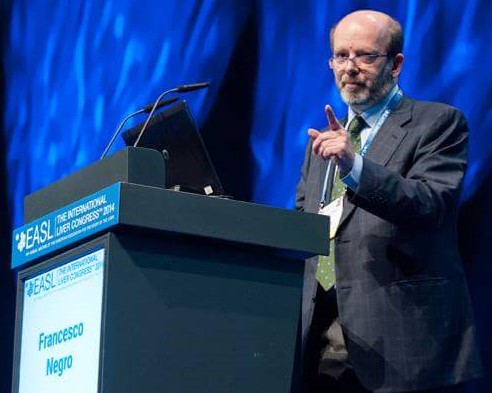


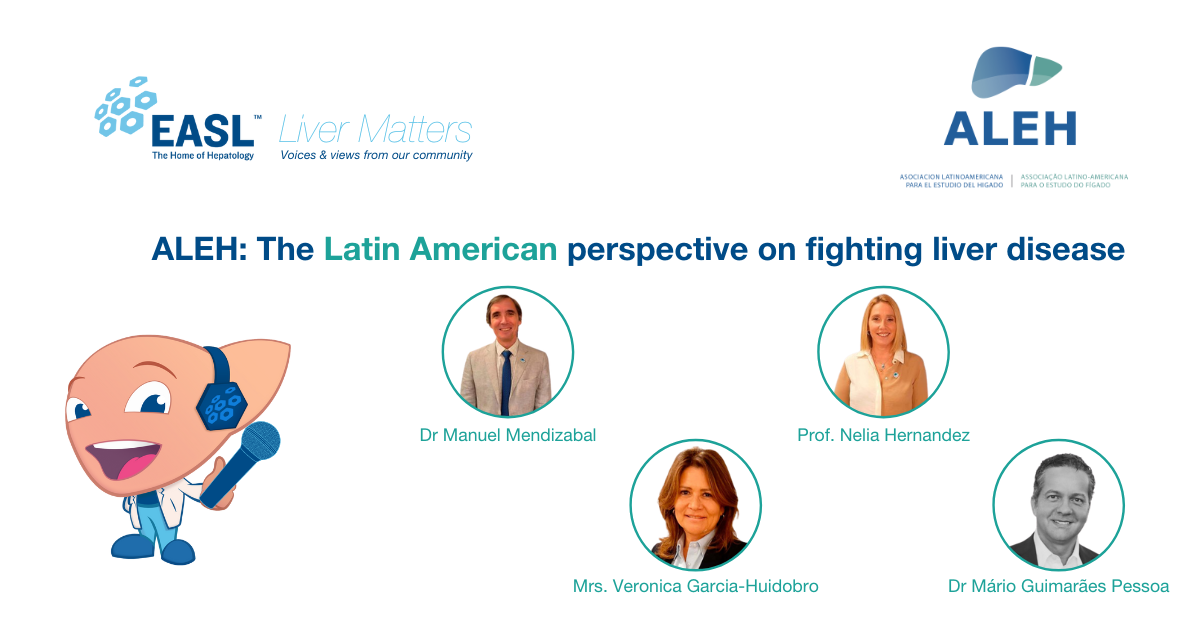
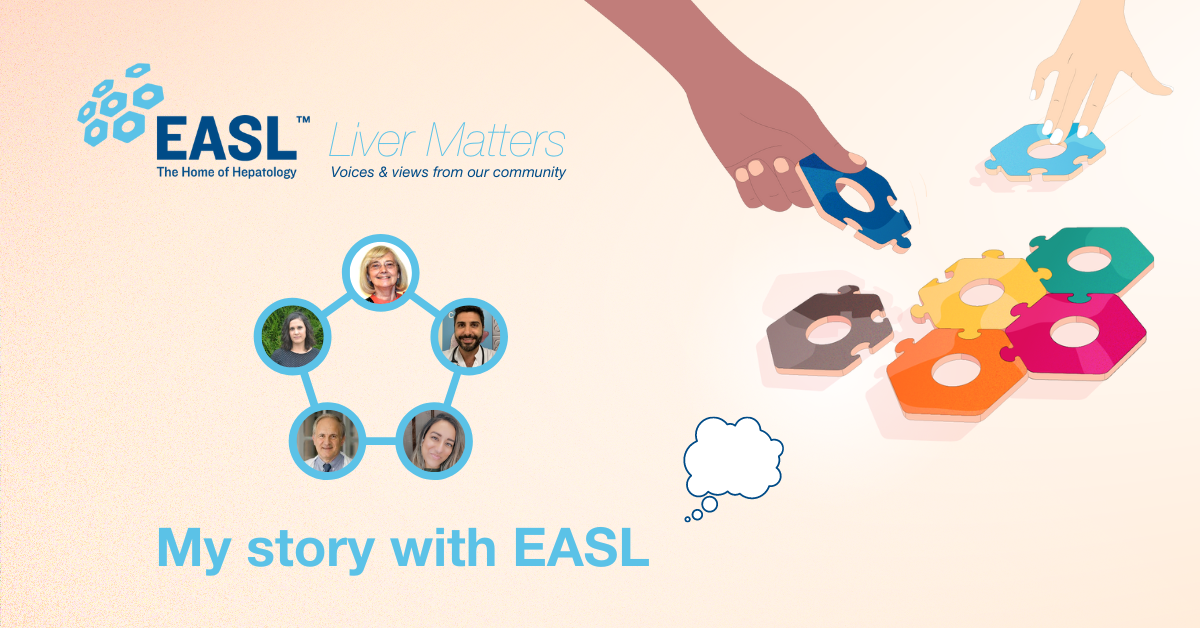
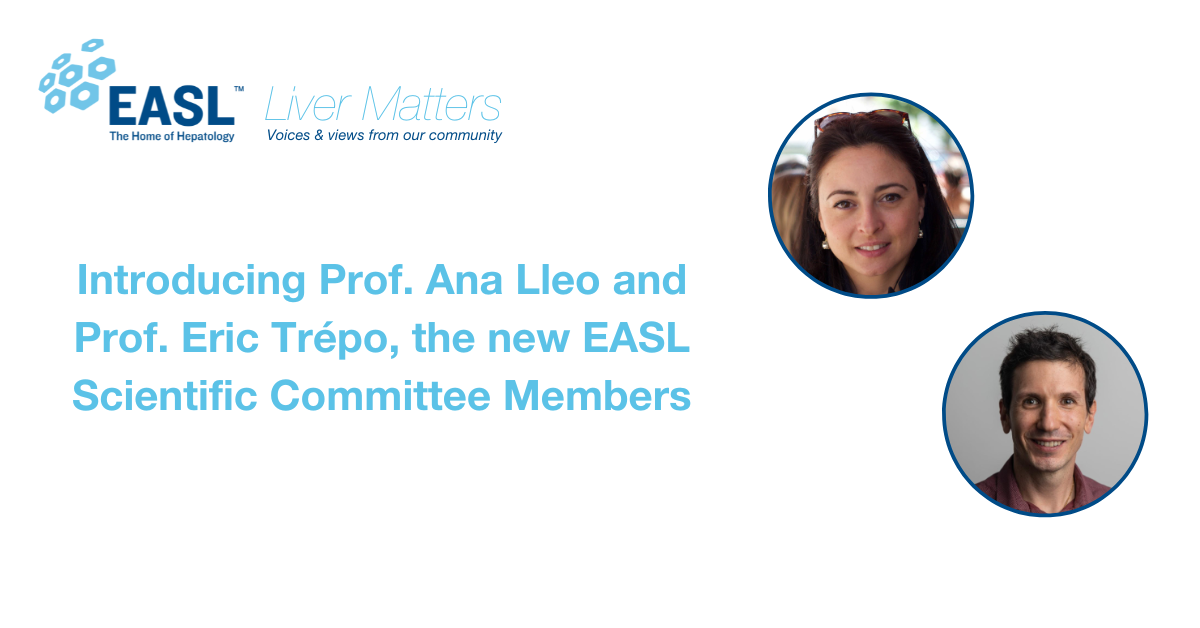
Comments (0)